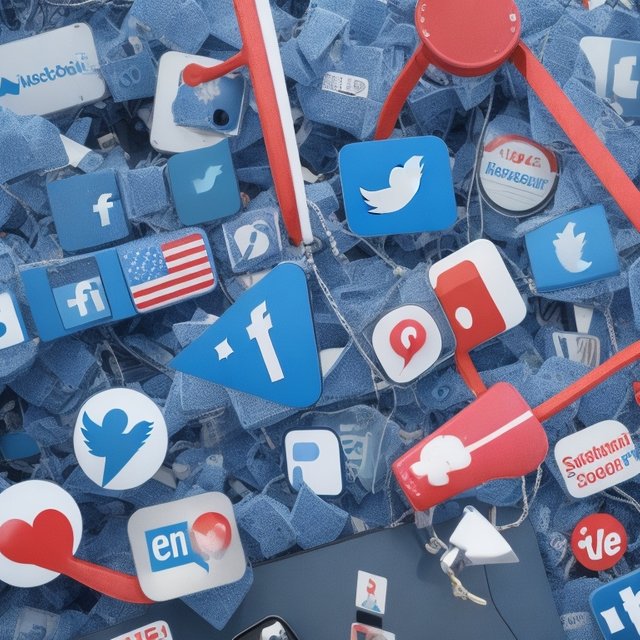Social media networks have had a profound impact on political communication. They have made it easier for people to connect with each other and share information about political issues. This has led to a more informed and engaged electorate, but it has also created new challenges for politicians and political organizations.
One of the biggest impacts of social media on political communication is that it has made it easier for people to get their news from non-traditional sources. In the past, people got their news from mainstream media outlets, such as newspapers, television, and radio. However, social media has made it possible for people to get their news from a variety of sources, including blogs, websites, and social media posts. This has led to a more diverse range of viewpoints being represented in the public discourse.
Another impact of social media on political communication is that it has made it easier for people to express their opinions about political issues. In the past, people who wanted to express their opinions about political issues had to write letters to the editor or call into talk radio shows. However, social media has made it possible for people to share their opinions with a wider audience with just a few clicks of a button. This has led to a more vibrant and active public discourse.
However, social media has also created new challenges for politicians and political organizations. One challenge is that it is difficult to control the message on social media. In the past, politicians and political organizations could control the message by releasing press releases and advertising on traditional media outlets. However, social media is a decentralized platform, which means that anyone can share information, regardless of whether it is accurate or not. This makes it difficult for politicians and political organizations to control the narrative around their campaigns.
Another challenge of social media is that it can be used to spread misinformation. In the past, it was difficult to spread misinformation on a large scale. However, social media makes it easy to share information with a large number of people with just a few clicks of a button. This has led to an increase in the spread of misinformation, which can be harmful to democracy.
Despite the challenges, social media has the potential to be a powerful tool for political communication. It can be used to inform the public, engage with voters, and build support for political causes. However, it is important to use social media responsibly and to be aware of the potential risks.
Here are some of the specific impacts of social media networks on political communication:
Increased political engagement: Social media has made it easier for people to get involved in politics. People can now use social media to follow political leaders, learn about political issues, and share their opinions with others. This has led to an increase in political engagement, particularly among young people.
Disruption of traditional media: Social media has disrupted the traditional media landscape. In the past, people got their news from mainstream media outlets, such as newspapers, television, and radio. However, social media has made it possible for people to get their news from a variety of sources, including blogs, websites, and social media posts. This has led to a decline in the influence of traditional media outlets.
Increased polarization: Social media has increased political polarization. People tend to follow and interact with people who share their political views on social media. This can lead to people becoming more entrenched in their views and less willing to listen to opposing viewpoints.
Spread of misinformation: Social media has made it easier to spread misinformation. In the past, it was difficult to spread misinformation on a large scale. However, social media makes it easy to share information with a large number of people with just a few clicks of a button. This has led to an increase in the spread of misinformation, which can be harmful to democracy.
Overall, social media has had a profound impact on political communication. It has made it easier for people to get involved in politics, disrupted the traditional media landscape, increased political polarization, and spread misinformation. However, it also has the potential to be a powerful tool for political communication. It can be used to inform the public, engage with voters, and build support for political causes. It is important to use social media responsibly and to be aware of the potential risks.
